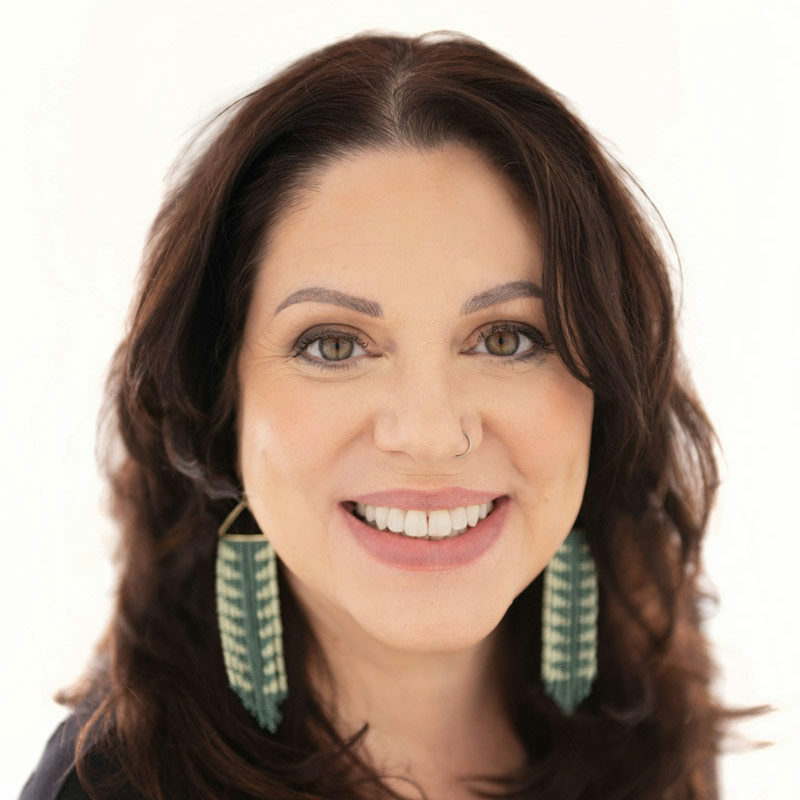Agnostics and atheists are sometimes confused, but really, these groups have very different spiritual beliefs. Atheists, in the broadest sense, do not believe in the existence of deities, whereas agnostics are open to the possibility of a higher power, but claim there is not enough proof to determine for certain.
Other agnostics believe there is a higher power, but they do not believe the power is attached to one particular faith. Instead, they belive there are many possible spiritual paths.
Rev. Andrew Kennedy is the senior minister at the First Unitarian Society of Milwaukee, 1342 N. Astor St., where 22 percent of the 900-member congregation identify themselves as atheists or agnostics.
At first, it might seem like a church-going atheist or agnostic is an oxymoron, but Kennedy says it’s common and understandable. Many atheists or agnostics were raised with a defined organized religion, so they crave spiritual community and / or spirituality.
"They are legitimately searching for deeper meaning in life," says Kennedy.
Because atheists and agnostics are not Christians, feelings of alienation during the December holidays seem possible. Kennedy, however, says most of the agnostics and atheists he knows celebrate Christmas non-religiously which is one of the many reasons why they find comfort in the Unitarian Church.
"Unitarians celebrate Christmas not just as a Christian holiday, which it legitimately is, but also as a cultural holiday that includes families getting together, feasting and exchanging gifts," says Kennedy.
Milwaukee’s Francine Williams and her family are members of the First Unitarian Society of Milwaukee. Williams identifies herself as an atheist who loves Christmas.
"For me, Christmas is all about family and friends, about spending time together and enjoying each others' company in the midst of the long, Midwestern winter," says Williams. "I love driving through town at dusk and looking at the houses all lit up with twinkling lights, and coming home to our own little tree. It's about love and light in darkness."
Greg Bach is a 31-year-old atheist who lives in Racine. He declared himself an atheist in 2006 after being raised and educated as a Catholic.
"I felt like there was an emptiness in my life, a void I thought religion was supposed to fill. God’s plan was supposed to fix or at least justify my feelings, but that plan wasn’t cutting it with regards to where I was," says Bach. "I started to really examine my religiosity and the reasons why I believed."
Bach says he is comfortable with the atheist label, and that he still enjoys Christmas even though he does not believe in God or Jesus. The fact his family is not super religious makes it easier for him to embrace the holiday.
"I celebrate Christmas with my family, open presents and attempt to stay in my pajamas for as long as the holiday will allow me to do so," he says.
Riverwest’s Lisa Mahan decided she was an agnostic through the process of elimination.
"This label seemed to be the only one that I found that I don't disagree with wholeheartedly," says Mahan. "I like agnostic because it says that I don't claim to know the God answer."
Mahan, however, is less enthused about Christmas, but not because it’s an infringement on her spiritual beliefs.
"I sometimes feel alienated, mostly because I detest all of the gift-giving frenzy," she says. "I wish it could be simpler."
Sally Norstrom has defined herself as agnostic for as long as she can remember, and like Mahan, she sometimes feels isolated during Christmas.
"It's so odd to me that I get time off of work because I live in a Christian country. I try to remember that not everyone is decorating and baking and rushing about because of the birth of Jesus," she says.
"I tell myself that some are simply celebrating the winter solstice, or trying to lift their spirits at a cold, dark time of year, which I can relate to. I just don't understand why we can't feel generous, count our blessings and hold those dear to us close all year long."
Because Christmas is usually spent with family, some atheists and agnostics "come out" to their families and formally share their spiritual beliefs and true feelings about December holidays. Others just play along and enjoy the non-religious aspects of the day.
"My family loves me very much, but we don’t talk about it," says Bach. "I mainly keep quiet and keep the snarky comments to myself."
Williams, however, says joining as Unitarian church has helped her pious parents and siblings accept her spiritual choices.
"The fact that we refer to the First UU Society as ‘church’ has made a huge difference in the way my family treats us," says Williams. "No, they don't know what Unitarian Universalism is. What they don't know can't hurt them, right?"
Some atheists and agnostics find spiritual acceptance with their friends -- sometimes referred to as "chosen family" -- and therefor the acceptance from blood-related family isn’t as crucial.
"My family pretty much laughs at me or ignores my religious beliefs and I do the same to them," says Mahan. "My friends are mostly in agreement, or close enough to my beliefs, so that's easy."
Molly Snyder started writing and publishing her work at the age 10, when her community newspaper printed her poem, "The Unicorn.” Since then, she's expanded beyond the subject of mythical creatures and written in many different mediums but, nearest and dearest to her heart, thousands of articles for OnMilwaukee.
Molly is a regular contributor to FOX6 News and numerous radio stations as well as the co-host of "Dandelions: A Podcast For Women.” She's received five Milwaukee Press Club Awards, served as the Pfister Narrator and is the Wisconsin State Fair’s Celebrity Cream Puff Eating Champion of 2019.



